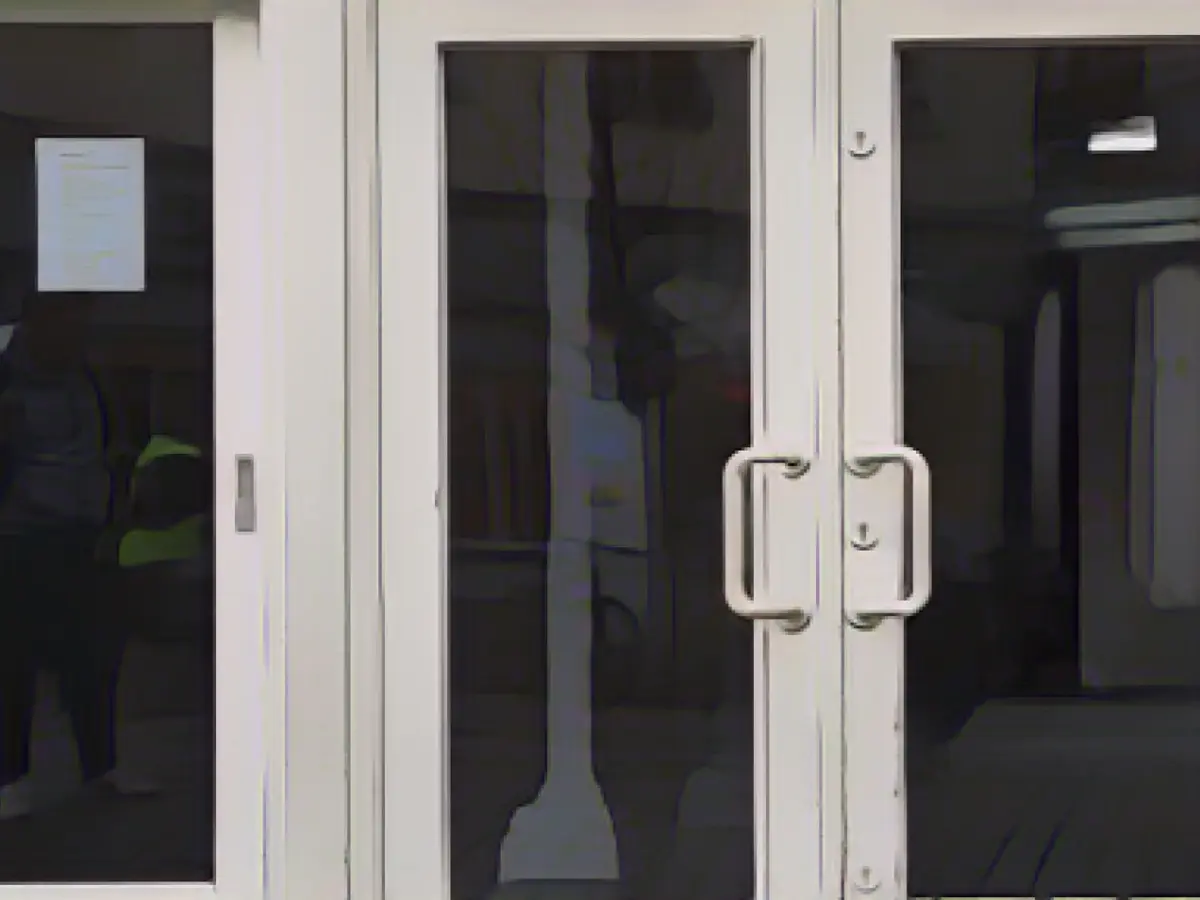Business Leaders Cry Out for Government Support Amidst Stagnation Fears
Steffen Keitel, President of the Halle-Dessau Chamber of Industry and Commerce in Saxony-Anhalt, voiced his concerns over Germany's current crisis management on Wednesday. Keitel claimed that the lack of confidence in the government's approach had led companies to almost halt their investment efforts. Instead, he claimed, Berlin was pushing forward with its ideologically-driven agenda rather than offering support to businesses.
Enterprises across the nation are at risk of enduring a decade of stagnation if reforms are not addressed promptly, Keitel warned.
Additional Viewpoints
In the aftermath of Keitel's critique, several associations, such as the Chamber of Commerce and Industry in Saxony-Anhalt, have urged the government to prioritize crisis management over ideological commitments. By doing so, the German economy could be stabilized.
Regional Advocacy and Reform
Regional bodies, including associations like the Halle-Dessau Chamber of Industry and Commerce, play a significant role in advocating for economic policy reforms and crisis management at a federal level.
Thanks to your interest, we've provided some enrichment insights below as background information:
Enrichment Insights
- Reducing Bureaucracy The Fourth Bureaucracy Reduction Act (BEG IV) strives to streamline formal employment requirements and reduce bureaucratic barriers for employers.
- Energy Costs While the global crisis has put a strain on various sectors, reducing energy costs, which are particularly pertinent to energy-intensive industries, has been a concern for organizations like the BDEW.
- Investment and Growth Initiatives During the coalition government's collapse, initiatives aimed at stimulating the economy, including measures to tackle structural challenges such as labor shortages and low investment, stalled.
- Competitiveness Germany's competitiveness has suffered significantly in recent crises, necessitating measures to enhance competitiveness and promote decarbonization.
- Infrastructure Investment Vital infrastructure expansion projects, like the development of power grids and LNG terminals, are seen as examples of potential benefits derived from fostering an environment of reduced bureaucracy and expedited planning procedures.
These measures, while not explicitly advocated for by Keitel, address broader concerns surrounding the German economy’s ability to navigate economic crises with minimal disruption.








